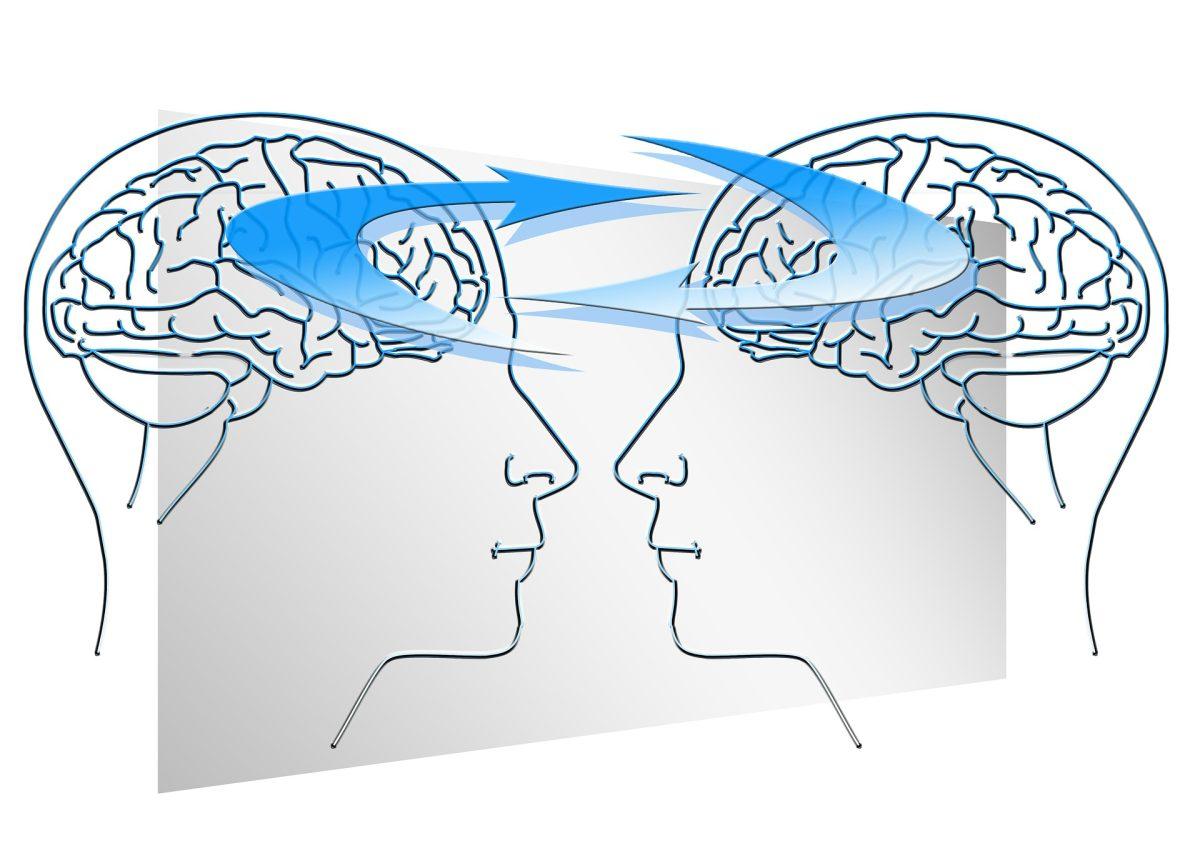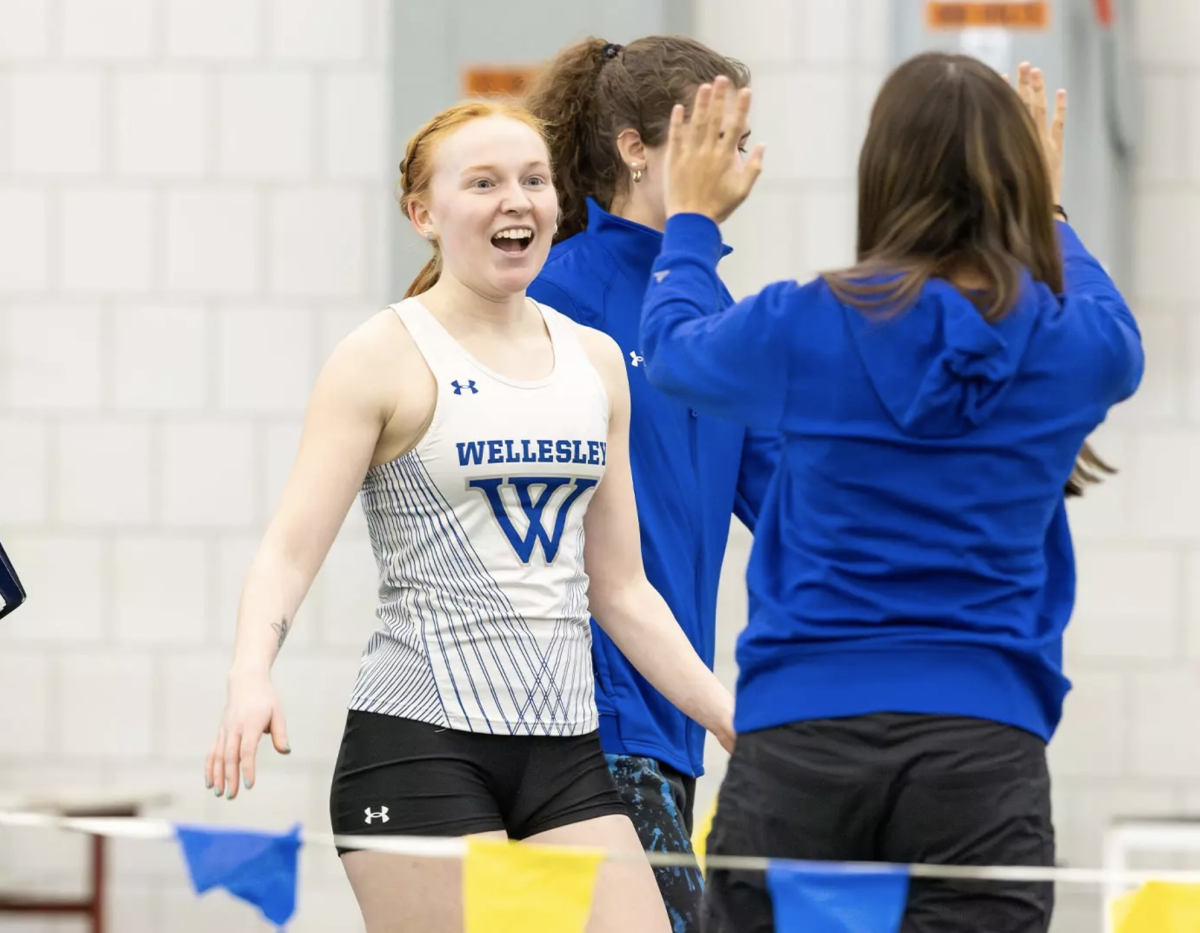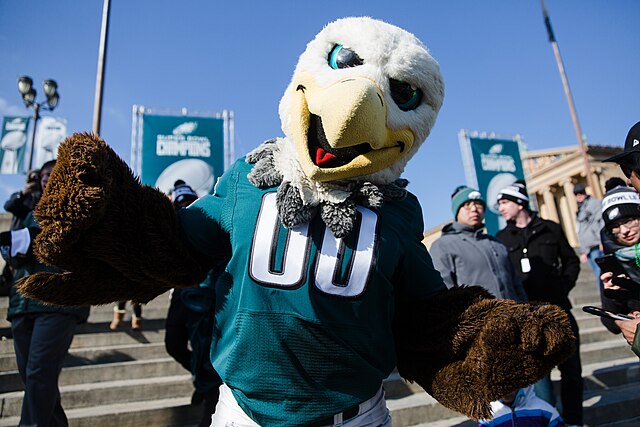With the chaos that sometimes surrounds Valentine’s Day now behind us, it can be easy to forget some of the feelings and reflections that the day evokes. Whether Feb. 14 is a “Hallmark Holiday” or not, it prompts us to reflect on our relationships and acknowledge those who mean the most to us, romantically or otherwise.
Last Wednesday, Wellesley’s Active Minds organization held a workshop called “Healthy Minds, Happy Hearts” that encouraged students to do just that — think meaningfully about their past and current relationships in an effort to promote those that are healthy and happy. The workshop featured Psychologist Dr. Eleanor Fulton and Psychiatric Clinical Specialist Jane Ward, who both work at Wellesley’s Stone Center. Both women encouraged students to share their experiences in both healthy and unhealthy relationships and to explore the characteristics that differentiated the two.
“I believe that when a lot of people think about healthy relationships, it seems obvious, self explanatory; of course I want to be in a healthy relationship, of course these are the obvious traits, but then when you stop and think about your friendships and people you know, including yourself, so many people have qualities in relationships that are not healthy and that are just kind of unnoticed,” Aggie Rieger ’17 said. Rieger is a member of Active Minds and was the main planner of Wednesday’s workshop.
Although everyone may experience indicators of unhealthy relationships, whether they be poor communication, dishonesty, jealousy or criticism, these traits don’t necessarily reduce the entire relationship to being unhealthy. One topic that the workshop explored was where to draw the line between a relationship with unhealthy aspects that can realistically be worked out versus a “cut and run” unhealthy relationship that should be discontinued.
“It’s a lot messier than the black and white that we make it,” Active Minds member Steph Eby ’15 said. “Relationships can be a mix of healthy and unhealthy, so it’s hard to know: is this healthy? Is this unhealthy? It’s good to be able to reflect on it and be reminded of these tools that we can use.”
All cases are different, and Fulton and Ward encouraged students with concerns to talk about their particular circumstances at the Stone Center.
Although a major component of the workshop was to dissect the signs and consequences of unhealthy relationships, it also provided a helpful and encouraging reminder to reflect on and appreciate what makes our relationships work. Considering relationships in which we feel loved and respected can improve the support we give to our friends and partners.
“We can all gain from learning these tools because I think a lot of relationships do have unhealthy behaviors in them even if they’re overall healthy relationships,” Eby said.
Depending on expressed demand at Wellesley, Active Minds may continue with a series of healthy relationship workshops in the future.
Photo courtesy of Creative Commons




